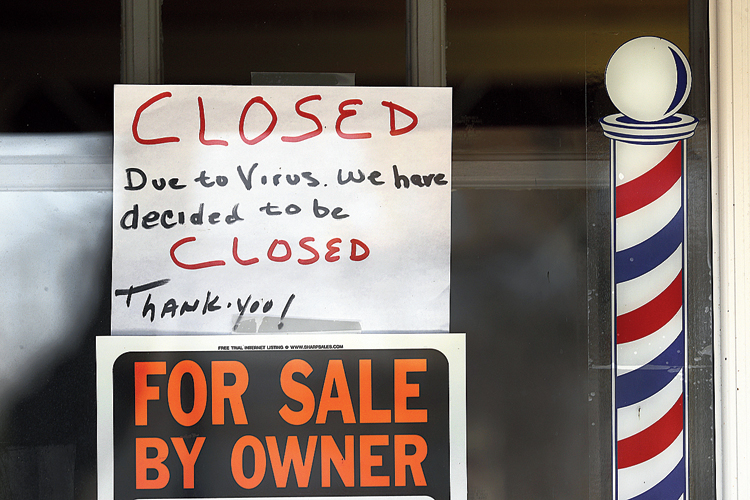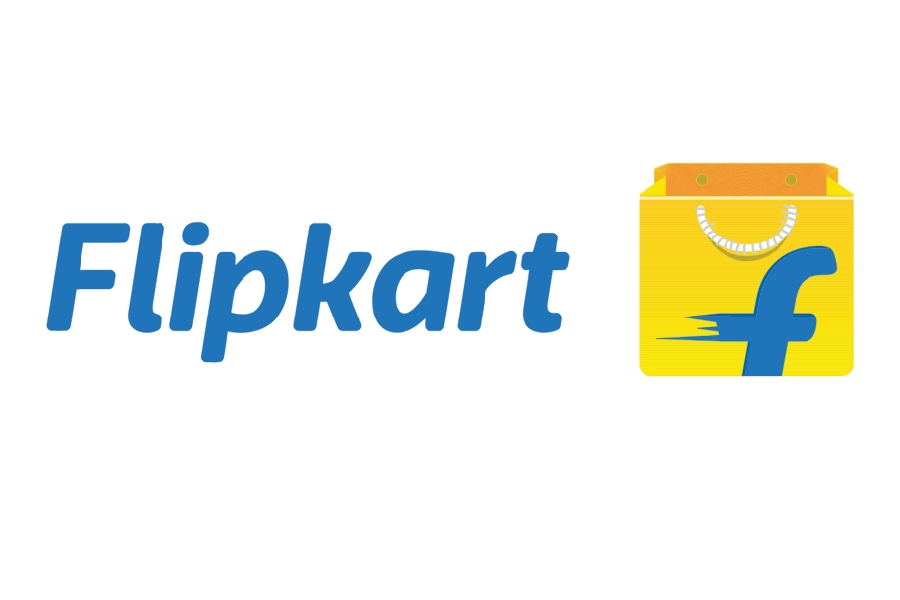A company in Georgia paid $6.5 million to resolve a justice department investigation — and, two weeks later, received a $10 million federally backed loan to help it survive the coronavirus crisis.
Another company, AutoWeb, disclosed last week that it had paid its chief executive $1.7 million in 2019 — a week after it received $1.4 million from the same loan programme.
And Intellinetics, a software company in Ohio, got $838,700 from the government program — and then agreed, the following week, to spend at least $300,000 to purchase a rival firm.
The vast economic rescue package that President Trump signed into law last month included $349 billion in low-interest loans for small businesses. The so-called Paycheque Protection Programme was supposed to help prevent small companies — generally those with fewer than 500 employees in the US — from capsising as the economy sinks into what looks like a severe recession.
The loan programme was meant for companies that could no longer finance themselves through traditional means, like raising money in the markets or borrowing from banks under existing credit lines. The law required that the federal money — which comes at a low 1 per cent interest rate and in some cases doesn’t need to be paid back — be spent on things like payroll or rent.
But the programme has been riddled with problems. Within days of its start, its money ran out, prompting Congress to approve an additional $310 billion in funding that will open for applications on Monday. Countless small businesses were shut out, even as a number of large companies received millions of dollars in aid.
Some, including restaurant chains like Ruth’s Chris and Shake Shack, agreed to return their loans after a public outcry. But dozens of large but lower-profile companies with financial or legal problems have also received large payouts under the programme, according to an analysis of the more than 200 publicly traded companies that have disclosed receiving a total of more than $750 million in bailout loans.
Another dozen or so collected money even though they have recently reported being able to raise large sums through private means.
Several others have recently showered top executives with seven-figure pay packages. The government isn’t disclosing who receives aid, leaving it up to individual companies to decide whether to disclose that they obtained loans. That makes a full accounting of the loan programme impossible.
“It’s outrageous,” said Amanda Ballantyne, the executive director of Main Street Alliance, an advocacy group for small businesses. She added that there were countless small business owners “who have laid off all their staff, are trying to file for unemployment and will go bankrupt because of the problems with the way this Paycheque Protection Programme was designed”.
Applicants for loans do not need to provide evidence that they have been harmed by the pandemic. They simply need to certify that “current economic uncertainty makes this loan request necessary” to support their operations.
Instead of having the Small Business Administration, which is guaranteeing the loans, decide which companies get funding, the process was essentially outsourced to banks. The banks collect fees for each loan they make but don’t have to monitor whether the recipients use the money appropriately.
For small business owners shut out of the programme, watching big companies collect loans while their applications languish has been infuriating. “It has been beyond frustrating,” said Diane Burgio, a single mother who runs a design business in New York City that employs four people. She was one of more than 280,000 applicants who sought, and did not get, a loan from JPMorgan Chase.
The New York Times identified roughly a dozen publicly traded companies that had recently boasted about their access to ample capital — and then applied for and received millions of dollars in the federal loans.











